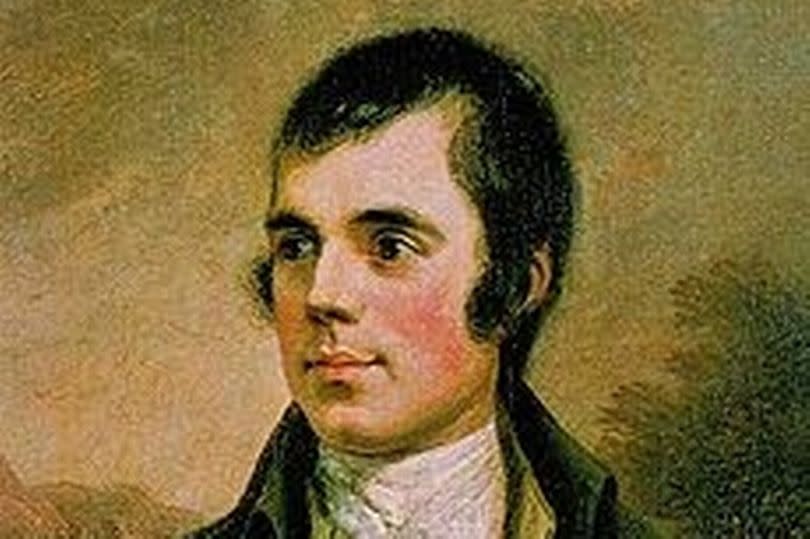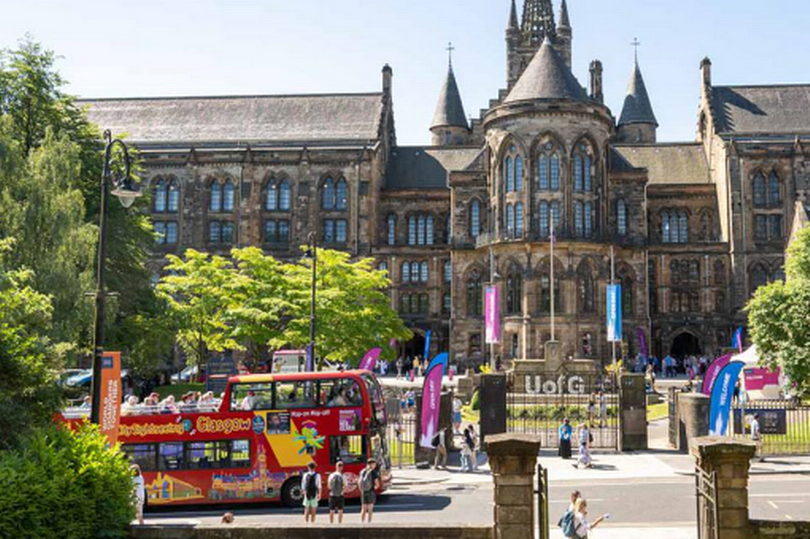University of Glasgow launches 'Robert Burns & Freemasonry' PhD scholarship

The University of Glasgow has launched a PhD scholarship on the topic of ‘Robert Burns & Freemasonry’.
The course - funded by Scottish Freemasons - will provide the successful candidate access to masonic archives and collections in Edinburgh and further afield.
The role will also include travelling for research purposes to other notable locations. Full-time fees and a stipend are included for a period of three years.

The PhD scholar will work on outreach activity including contributing to the curation of an exhibition and delivering presentations on ‘Burns & Masonry’.
They will be supervised and have access to resources from within the world-class Centre for Robert Burns Studies (recipient of the prestigious Queen’s Anniversary Prize in 2023).
Rabbie Burns was initiated as an enrolled apprentice in Lodge St. David, Tarbolton on July 4, 1781, aged 22.
He swiftly passed to the degree of fellowcraft and was raised to the degree of Master Mason on October 1, 1781. He remained a fervent freemason all his life and recounted as one of his greatest honours that at a meeting of Lodge St. Andrew in Edinburgh in 1787, he was toasted by the worshipful Grand Master, Most. Worshipful brother Francis Charteris, later Lord Elcho, with the words “Caledonia and Caledonia’s Bard, Brother Burns”.
According to a study by the University of Edinburgh, Burns’ best-loved song Auld Lang Syne links the practice to freemasonry, where singing with arms crossed and hands joined was a parting ritual in many Lodges. Musicologist Morag Grant – who has published a book about the song – spotted the Masonic connection while sifting the archives of Glasgow’s Mitchell Library.
A newspaper report of Ayrshire Lodge’s Burns Supper in 1879, describes the song being sung as members formed ‘the circle of unity’ —a common masonic ritual, also called the ‘chain of union’. Dr Grant says the tradition of singing the song at times of parting, and doing so with crossed hands, emerged in the mid-19th century – not just among Freemasons, but in other fraternal organisations too.
Candidates should apply by July 31 2024 with a cover letter, full CV and two academic referees.
Don't miss the latest news from around Scotland and beyond - Sign up to our daily newsletter here.

 Yahoo News
Yahoo News 
